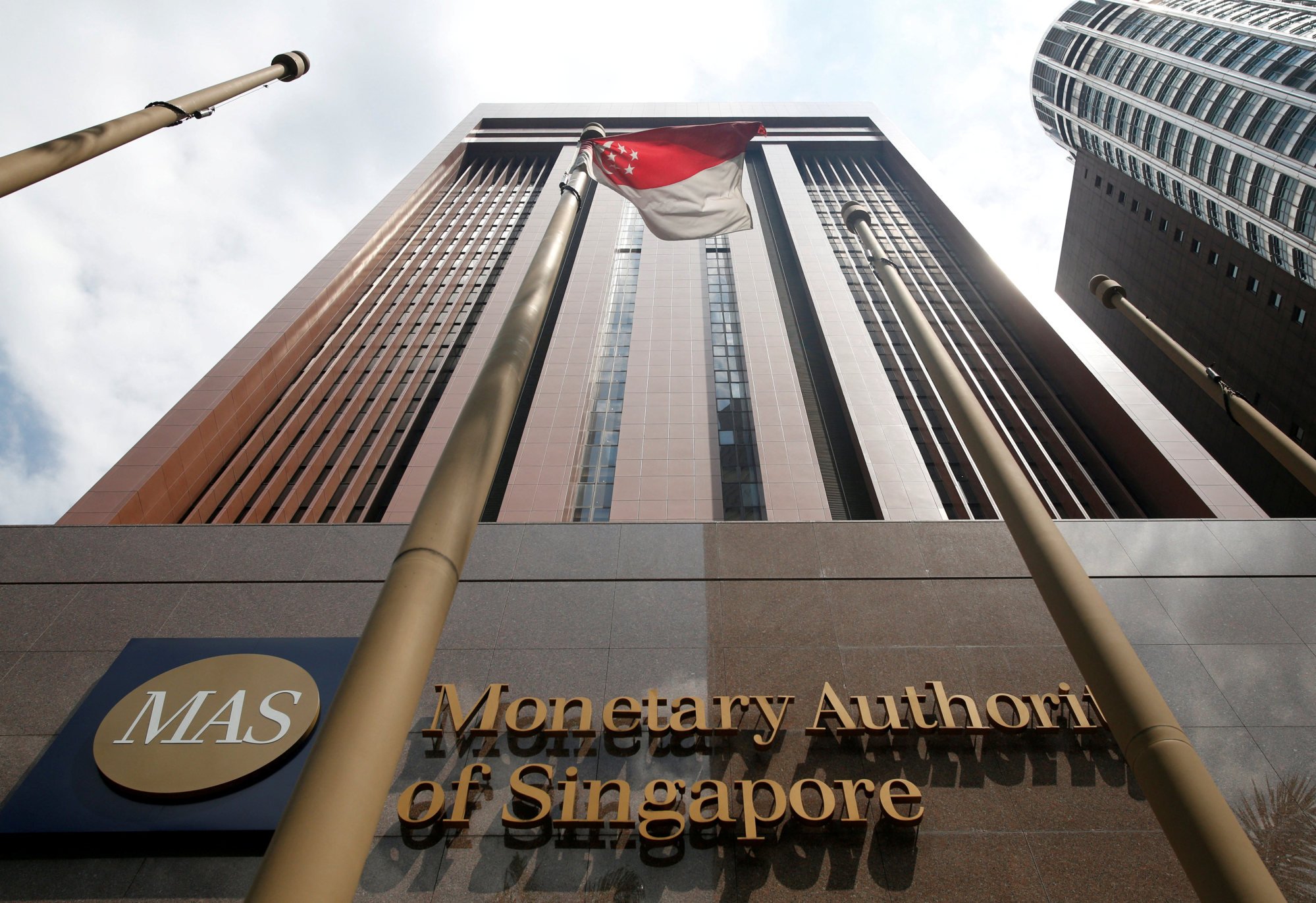About 10 per cent of that total are family offices handling money of Chinese origin, according to Loh Kia Meng, chief operating officer and a senior partner at Singapore law firm Dentons Rodyk.
Going forward, Loh foresees no change in the proportion of Chinese family offices, but he said the rate of growth had indeed decelerated due to heightened requirements on assets under management in the city state.
“I anticipate the growth rate to continue to be stable in the next two to three years,” he told This Week in Asia. “Assuming that there are no major changes to the tax incentive schemes in relation to the qualifying criteria for family offices.”
Tighter checks on family offices in the city state have coincided with Singapore’s presidency of the Financial Action Task Force, the global money-laundering and terrorist financing watchdog.
But the city state isn’t turning its back on family offices, by any means. In February, the government announced it would extend some tax incentives for family offices by another five years to the end of 2029 – a move Dentons Rodyk’s Loh said “signals Singapore’s commitment to continue to attract and support fund management activity and private wealth management”.

Family offices’ investment portfolios usually include real estate – as well as bonds and equities – but property agents say there have been fewer purchases by Chinese nationals of late.
“I see some rich Chinese looking into investing in Singapore and Southeast Asian companies, but the valuation gap is restricting the completion of deals,” said one Singapore consultant who declined to be named.
Still, Singapore’s government is doing its best to make the nation more investment-friendly for family offices.
Chinese family offices which have established themselves in Singapore in the past five years during the ‘boom’ time will also mature
Dentons Rodyk’s Loh expects changes to tax incentives for family offices to be announced in the third quarter of this year, including expanding tax breaks to cover limited partnerships registered in Singapore.
He said this would be “a welcome change to give more flexibility to Singapore-based fund managers in choosing a suitable form for managing their investment funds”.
The scope of family office’s investments may also change in future, Loh said, as the government is encouraging more philanthropy and an increase in local and sustainable investments.
“This is a sign of a maturing private wealth-management landscape. Chinese family offices which have established themselves in Singapore in the past five years during the ‘boom’ time will also mature,” he said.

The first, developed with support from the Economic Development Board and Singapore’s central bank, aims to guide newly arrived family offices and introduce them to a spectrum of investment opportunities.
The second initiative seeks to bolster the family office sector’s capabilities, help safeguard against financial crime, including money laundering, and ensure adherence to compliance requirements.
In a statement, the Monetary Authority of Singapore, the central bank, said it “actively collaborates with our international counterparts to effectively combat money laundering and syndicated crime networks given that criminals frequently operate across borders”.
“However, as a matter of policy and in line with international practices, we do not comment on the specifics of such collaborations.”

